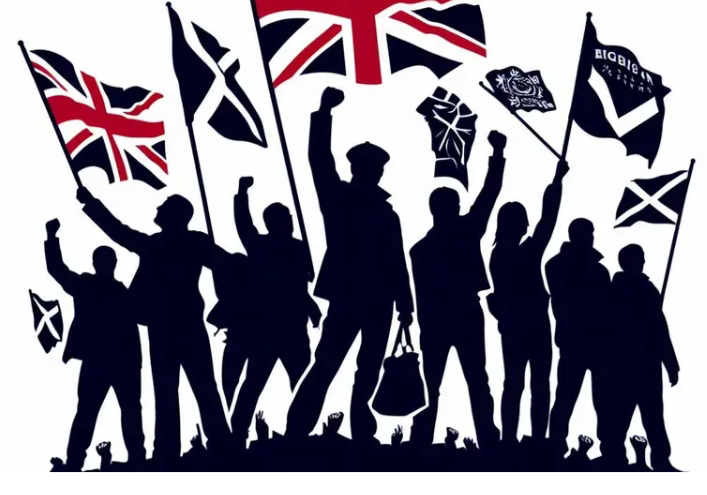The big challenge for a startup political party - including the Will of the Electorate - is to convince potential supporters that it has a hope of making an impact, and getting seats at Westminster... so their vote is not going to be wasted in the wilderness of no hopers. This task has not been made any simpler over the years for serious contenders by the presence of "pantomime politics" in the shape of the Monster Raving Loony party, and various others seeking 15 minutes of fame on the stages of the bye elaction results that are announced to the nation.
But the "system" of government is designed to maintain status quo, and like any immune system, reject the presence of foreign bodies with a range of "antibody" responses.
A "governor" is traditionally a device on an engine that prevents the engine from over or under revving, and maintain a "steady state". A governor provides negative feedback to slow down, and positive feedback to speed up until equilibrium is achieved.
The situation in 2023 is unusual - there is definitely no more than a year to the next UK general election - barring a major crisis - so it may be possible to institute rapid radical change in under 12 months and see that take effect - when conventional wisdom suggests that it takes two or three election cycles to make a difference.
There are plenty of examples of political parties with big name participants that have struggled for many years and barely achieved a single seat in the House of Commons.
The commercial media plays a big part in this process - it naturally wants to feel that it participates and wields influence to draw a majority audience to sell to advertisers. Which gives the BBC the option to deploy its social engineering influence for idealogical purposes, and this attracts staff and fellow travellers seeking to promote a range of subjective political agendas.
It is very much in the interests of the Whitehall establishment to make it impossible for new upstarts to arrive and interrupt their largely unchallenged grip on the basics of government.
Students of the excellent Yes Minister TV series from the 80s will know that the Civil Service has spent many years training the major political parties and subverting the system to the point at which it is almost impossible to tell who's in government. This has led to the notion of a "uniparty", implying that there is so little difference between Labour, Conservative and Liberal Democrat that it makes no difference which one is "in power".
Voter apathy seems actively sought by civil servants, since there's nothing worse than a populist movement with widespread support in the population who then expect to see radical ideas executed by government, creating change that means hard work for the Civil Service. So the idea that all political parties are as bad as one another suits this mindset.
The main drivers of politics are blown along by the storms created by world events - and organizations such as the World Economic Forum ("you will own nothing and be happy") and its accolytes now have a central role in determining our future - without any direct democratic input or control from the voters of the United Kingdom.
A major task for any sovereign government concerned to maintain genuine democracy will be to work out how to contain the WEF and other influence seeking cabals (Bilderberg, various regional alignments such as the EU).

No comments:
Post a Comment